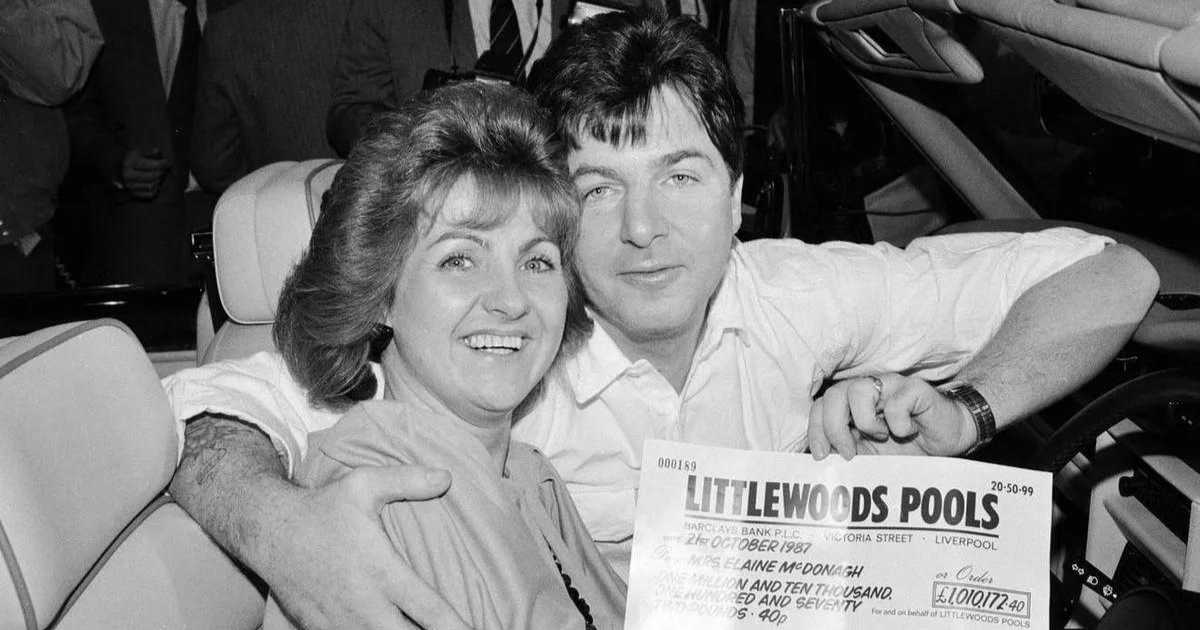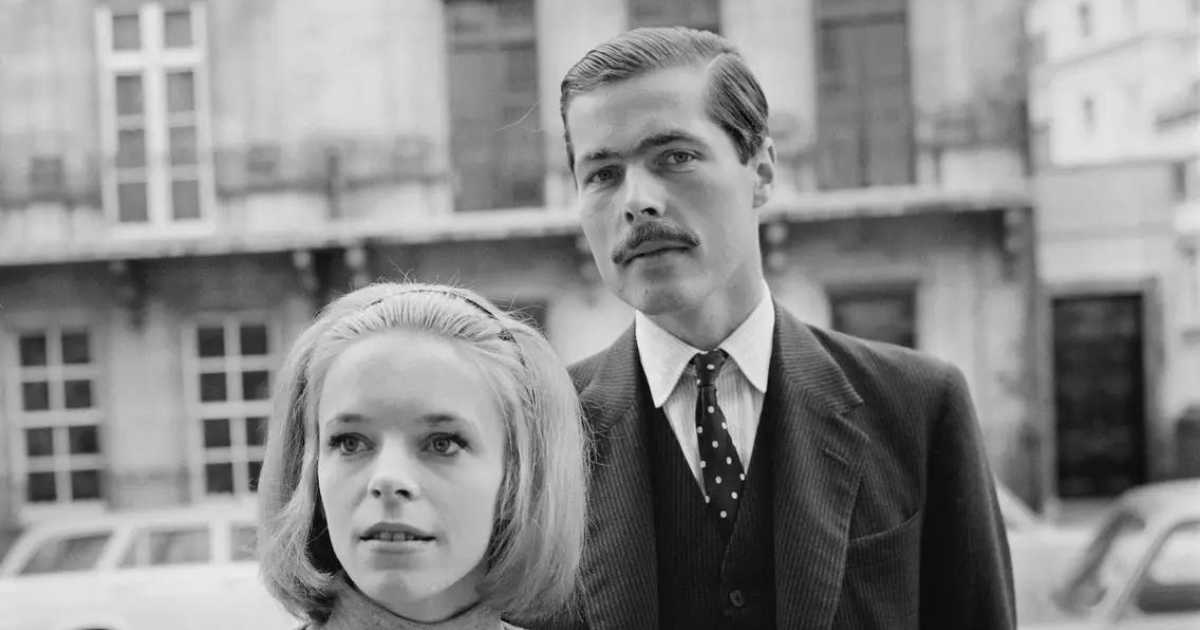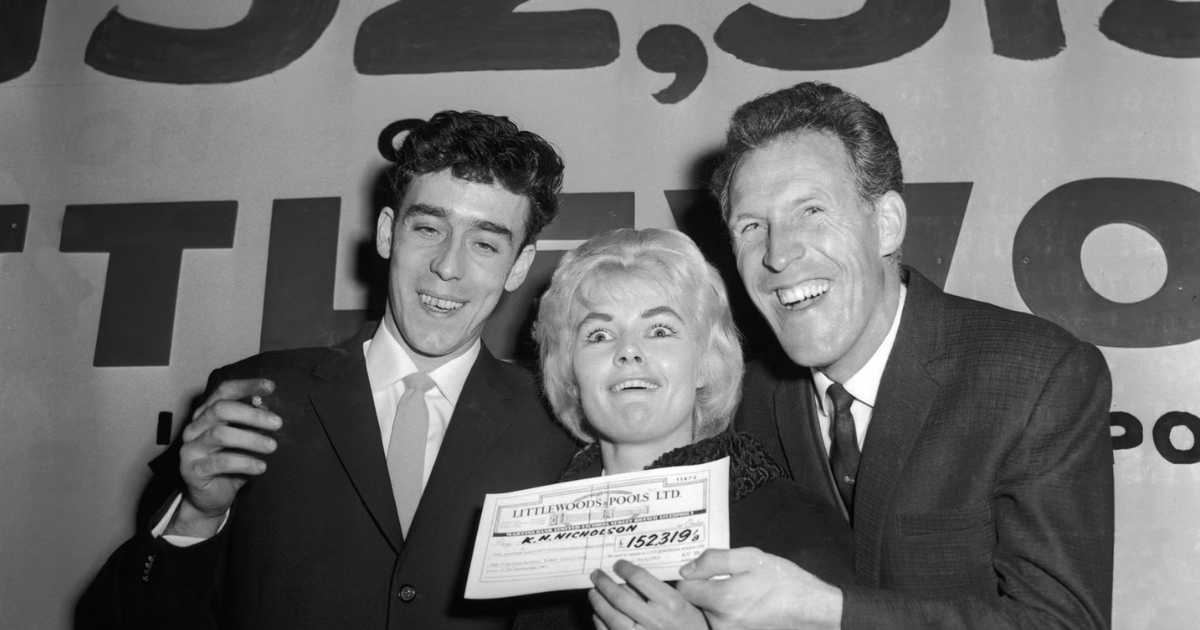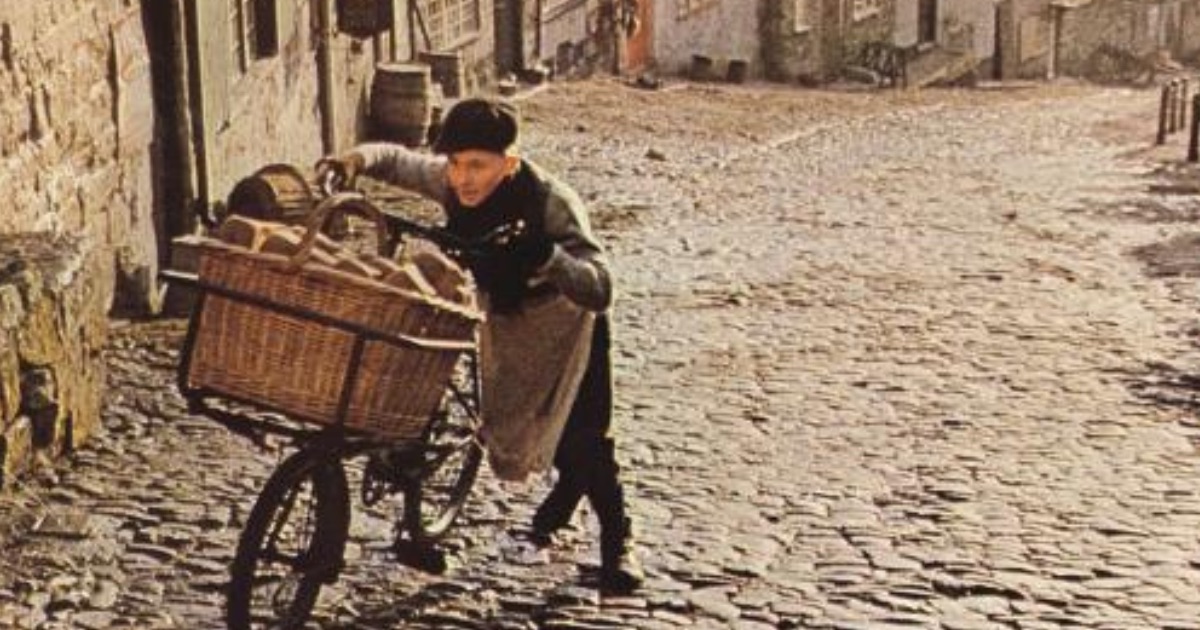What happened to the football pools?
The football pools was once a national obsession.
Millions of people played the pools from its inception in 1923 to its peak in the 1990s.

And every week the country dreamed of winning that life changing amount.
In October 1987, Elanie McDonagh and her husband Tommy celebrated a monumental £1 million win from the Littlewoods Football Pools.
The concept was simple yet captivating. Players predicted which football games would end in a draw, using coupons that listed the upcoming weekend's football matches.
Points were awarded for each correct prediction, with the aim of achieving the highest score to win substantial cash prizes.
This led to some legendary wins, such as Irene Powell’s £882,000 in 1979 and the McDonagh’s £1m prize in 1987.
Despite these success stories, the cautionary tale of Viv Nicholson, who squandered her 1961 winnings, lingered in the public consciousness.
This did little to deter the millions who dreamed of their own jackpot, engaging in a weekly ritual of predictions and hopes.
The Football Pools were more than a gambling exercise; they were a part of British culture, rooted in community and tradition.
Families would gather to listen to the results on the radio, later moving to TV with the BBC’s “Final Score.”
The anticipation of checking one’s matches against the outcomes was a weekly highlight for many households.
The pools almost never started
The success of the Pools was initially shaky. John Moores, one of the founders, distributed thousands of coupons at Manchester United's Old Trafford, but the initial response was dismal.
However, persistence paid off, and by the 1930s, Moores had become a millionaire, his enterprise a cornerstone of British recreational life.
Did the national lottery kill the pools?
The Football Pools reached their peak in 1994 with 10 million players, but the introduction of the National Lottery that same year signaled a turning point.
The Lottery offered easier participation and the allure of larger jackpots without the need for sports knowledge or strategy.
By 2007, the number of players had dwindled to just 700,000, with the game moving online in an attempt to modernise.
Today, the traditional paper coupon system is a thing of the past, replaced by digital platforms that lack the romance and communal excitement of the past.
The decline of the Football Pools reflects broader changes in society and entertainment, moving towards instant gratification and away from the communal and analytical engagement of the past.
Despite this, the legacy of the Football Pools endures in the memories of those who participated during its heyday, embodying a unique blend of hope, skill, and anticipation that defined a distinctly British pastime.






